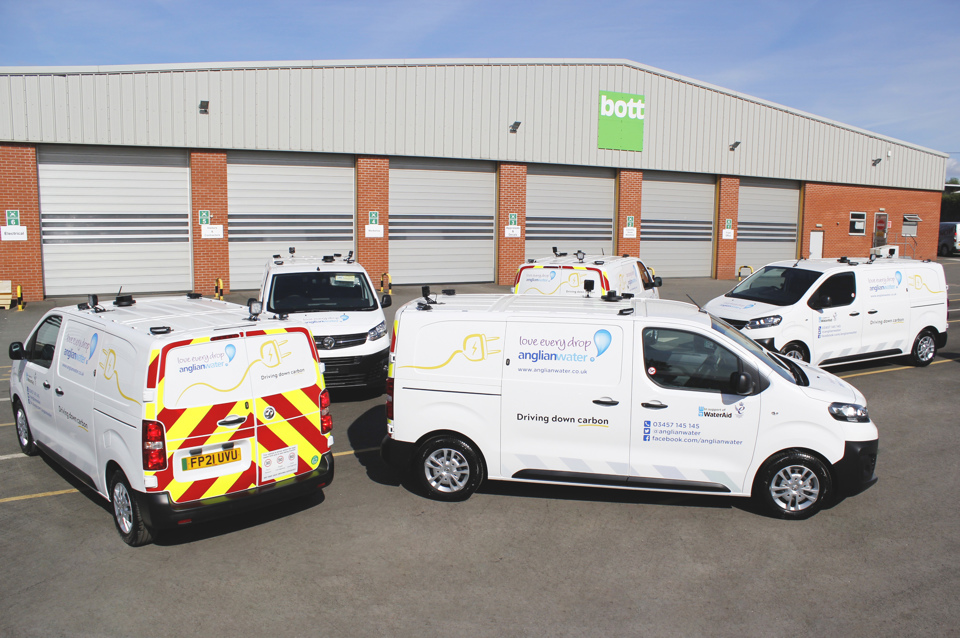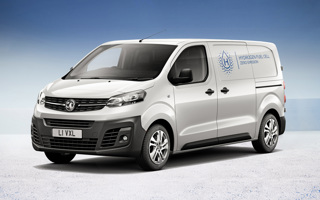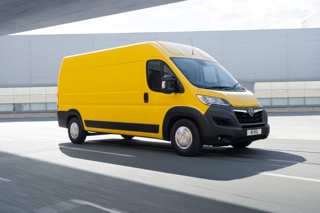Anglian Water has acquired 33 Vauxhall Vivaro-e electric vans this month, with a further 43 due by the end of the year.
The new additions will bring its total fleet of electric vehicles (EV’s) to 86.
The company, which currently spends more than £4.5million on diesel every year, is planning to add a further 130 EVs next year.
In addition to the electric vans, Anglian Water has reviewed its car policy and is enhancing its offering of EV’s with orders already received for 32 electric cars.
Mick Farmer, head of fleet at Anglian Water, said: “Extensive analysis of telematics data has identified large numbers of vans that meet a set criteria for operational teams to transition to electric vehicles. We will now be working even closer with these teams once the new vans have been deployed to help us identify any additional challenges other operational teams are facing. This analysis will enable us to create our next EV plan enhancing our transition as we expand the fleet further.”
Anglian Water vans cover 20 million miles each year and its new electric models, supplied by Vauxhall and converted by Bott, will be used across the company by its front line engineers.
To support the new vehicles, it has installed additional electric charging points across a number of its sites.
“As one of the largest energy users in the East, it's our responsibility to do all we can to minimise our impact on the environment and growing our electric vehicle fleet is a great step for us in doing so.
“Increasing our fleet of electric vehicles provides us with the opportunity to utilise more renewable and sustainable technology, helping to make a positive impact on our region’s environment, and reach the industry’s ambition to reach net zero by 2030,” added Farmer.
Anglian exceeded its 2020 carbon goals and drove down capital carbon by 61% and operational carbon by 34%, with the company on track to reach, and help others to reach, net zero by 2030.
Kevin Woodward, managing director of Bott, said: “With a mutual, strong commitment to the EV development, we pride ourselves on our ability to understand the specific needs of our customers and have developed a conversion which matches the base vehicle capability and the requirements of Anglian Water.
“One particular difference from an ICE variant vehicle to an EV, is that the electrical power available for the necessary tools and equipment a utility user needs to perform their job role, is potentially reduced. This means we have to look to alternative methods of control and optimisation, to reduce the impact of electrical accessories on vehicle performance and range.
“With our own investigations, and working closely with Vauxhall, we have built in a combination of manual and automatic regulation of the auxiliary electrical system. This keeps the user working effectively without exceeding any manufacturer-recommended limits.”























Login to comment
Comments
No comments have been made yet.